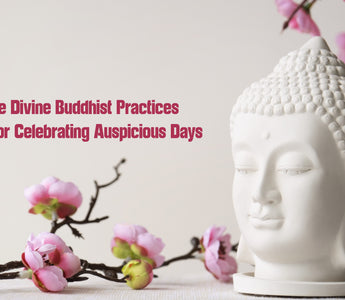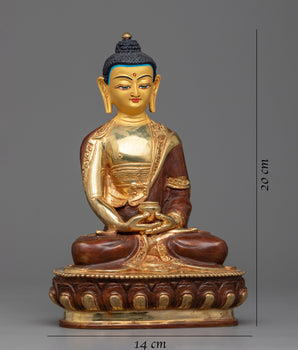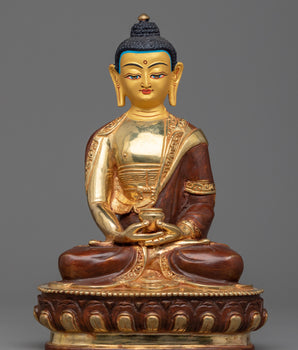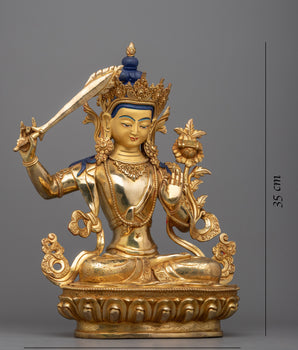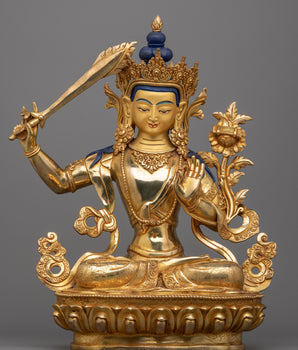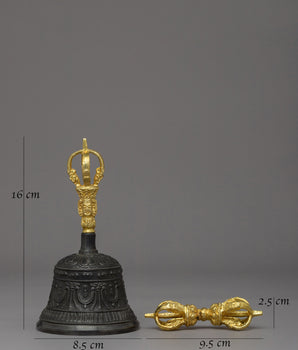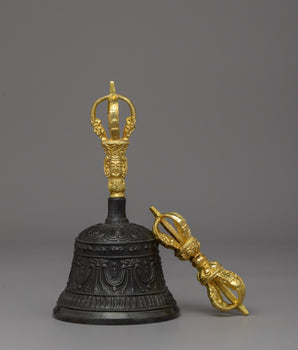Significance Of The Buddhist Pracitces and Ritual and Rituals
Ritual practices are essential to human life. These practices are done in day-to-day life and also on Auspicious Days. The Buddhist tradition has been a significant aspect from the time of Buddha. Ritual is a way of expressing the different emotions of humans, including our relationships with others and our spiritual life.
Rituals often involve symbolism and speak to our subconscious, and when these are done regularly, they begin to be our nature of doing it. They help us discover and express some of our deepest feelings and aspirations when done wholeheartedly. The ceremonies, festivals, and different types of meditation are the different ways of showing devotion to the Buddha, which is Buddhist practice.
Buddhism is a broad and diverse culture with a long legacy of religious attendance and spiritual practice. Developing inner virtues like mindfulness, compassion, and wisdom is the core of Buddhist practice. To enhance our awareness and connection to the path of liberation, ritual practice, and observances play a crucial role in expressing these characteristics in the outer world.
The Importance of Ritual Practice in Buddhism
Ritual practice is a crucial element of Buddhist tradition and culture. We show our commitment and connect with the Buddha's teachings through ritualistic acts. Rituals allow us to develop the virtues of mindfulness, compassion, and wisdom while serving as a reminder of the path we are on. Buddhist ceremonies vary greatly depending on the tradition and society.
Prostrations, chanting, meditation, and presenting flowers, incense, and candles are popular Buddhist ceremonial activities. Offering alms to monks is one of Buddhism's most significant ceremonies.
By engaging in this practice, laypeople may help the monastic community and show appreciation for the Buddha's teachings. Buddhism emphasizes the importance of giving, and giving alms is a great way to develop generosity and selflessness.
Commonly practiced Buddhist Rituals:
Meditation: A crucial component of Buddhist practice, meditation is frequently utilized as a ritual to develop attention and focus.
Chanting: In Buddhism, chanting is a crucial practice. It may establish a spiritual connection, foster tranquility, and advance healing.
Offerings: Buddhists frequently present food, flowers, and incense to the Buddha and other spiritual entities as offerings. This ceremony aims to foster generosity by expressing respect and thanks.
Prostrations: Bowing to the Buddha and other spiritual deities is part of protests. This ritual aims to foster respect and dedication as well as humility.
Understanding Auspicious Days in Buddhism
In Buddhism, particular days are regarded as auspicious in addition to everyday ceremonial acts. Depending on customs and location, these dates are based on the lunar calendar. Each of these days is significant in its own right and offers a chance to develop our profession and engage with the local community. In Buddhism, some of the most essential auspicious days are:
Losar
Losar is the Tibetan New Year and is believed to be the beginning of the 15 Days of Miracles. In those days, the merits are multiplied more, but are it thought that the first and last days are the most powerful. Before the day of Losar, people clean their houses, decorate them with the auspicious symbol, and be ready for the new year.
The new year is celebrated for 3 days. At that time, Tibetans go to monasteries to pray and make offerings to the three jewels. Tibetans also visit their relatives.
Chotrul Duchen
Chotrul Duchen is celebrated on the last 15 Days of Miracles. Religious Ceremonies and food offerings (tormas) are made. At the same time, prayers are said for the life of all holy Gurus from all traditions, for global peace, and for the Dharma to be propagated among all sentient beings. Butter is also offered.
Dry Tibetan butter from yak milk makes delicate, intricate "b." The signal of the Tibetan New Year butter lamps and butter lamps are lit in the evening. The light honors the marvels that Buddha Shakyamuni achieved to demonstrate his wisdom and victory.
Saga Dawa Duchen
The Saga Dawa Suchen falls on the month of Saga Dawa and is known as the "Month Of Merits." The full moon is on the 15th day of the month, also known as Saga Dawa Duchen. It is a highly significant day for the Buddhist Devotee because they celebrate the birth, Enlightenment, and parinirvana of Buddha Shakyamuni.
Buddha Shakyamuni could impart the Dharma—the proper method for living our daily lives—to the world through his heroic ascent to Enlightenment. When we honor the Buddha, study his teachings, and put them into practice, this day offers us a priceless chance to acquire a great deal of merit.
Chokhor Duchen
Click here to view our High-Quality Wheel Of Life Thangka
Chokhor Duchen is celebrated on the 4th day of the sixth month of the Tibetan lunar calendar. This day commemorates the First Turning of the Wheel of Dharma, or first discourse, delivered by Buddha Shakyamuni on this day in Sarnath, Varanasi.
On this day, Buddhist visit holy places, make offerings to buddhas, hang prayer flags, or engage in processions with a Buddha image throughout their village.
Tsongkhapa Day
Click here to view our Buddhist Master Tsongkhapa Statues
On Tsongkhapa Day, we celebrate the Enlightenment and Parinirvana of Lama Tsongkhapa, the founder of the Gelugpa school of Tibetan Buddhism. He is renowned for his Dharma teachings, and monasteries, monks, and laypeople still consult his books today.
People visit temples on this auspicious day, make offerings, pray, and do pujas. In Tibet, the butter lamp festival takes place on this day. Thousands of butter lamps are lit on Barkhor Street and at the Jokhang Temple in Lhasa in memory of Lama Tsongkhapa.
How you can incorporate Rituals and Auspicious days into your practice
You can start by including a ritual in your daily routine, like burning incense or repeating a mantra. You might schedule spiritual traditions for particular days and record them on your calendar as good days.
In the end, approaching rituals and auspicious days with an open heart and a readiness to learn is the key to adopting them into your practice. These techniques can support you in strengthening your relationship with the divine and discovering more significance and meaning in your life with patience and commitment.
Merits of Buddhist Ritual Practice on Auspicious Days
It brings your awareness and attention to the present moment. Rituals cause a brief or extended stop in the day so we can concentrate on our aims. We focus for a moment on what is most precious to us.
- Brings people together.
One of the benefits of rituals is that they are often done in the community. Like, mass gatherings during some rituals or ceremonies.
- Creates Meaning
In rituals, we embody what is most important: we make commitments, embrace beliefs, forgive, celebrate accomplishments, honor the community, and show appreciation.
- Maintains calm and peace
They offer real solutions to the everyday problems of modern living and give practical methods to cultivate the happiness we all want.
- Purifies our minds.
It helps to purify our minds through offerings and prayers to become the best version of ourselves.
In conclusion, Buddhist rituals and auspicious days are significant components of the practice and provide several advantages to participants. Using these practices in your everyday life can be beneficial whether you're new to Buddhism or an experienced practitioner.


